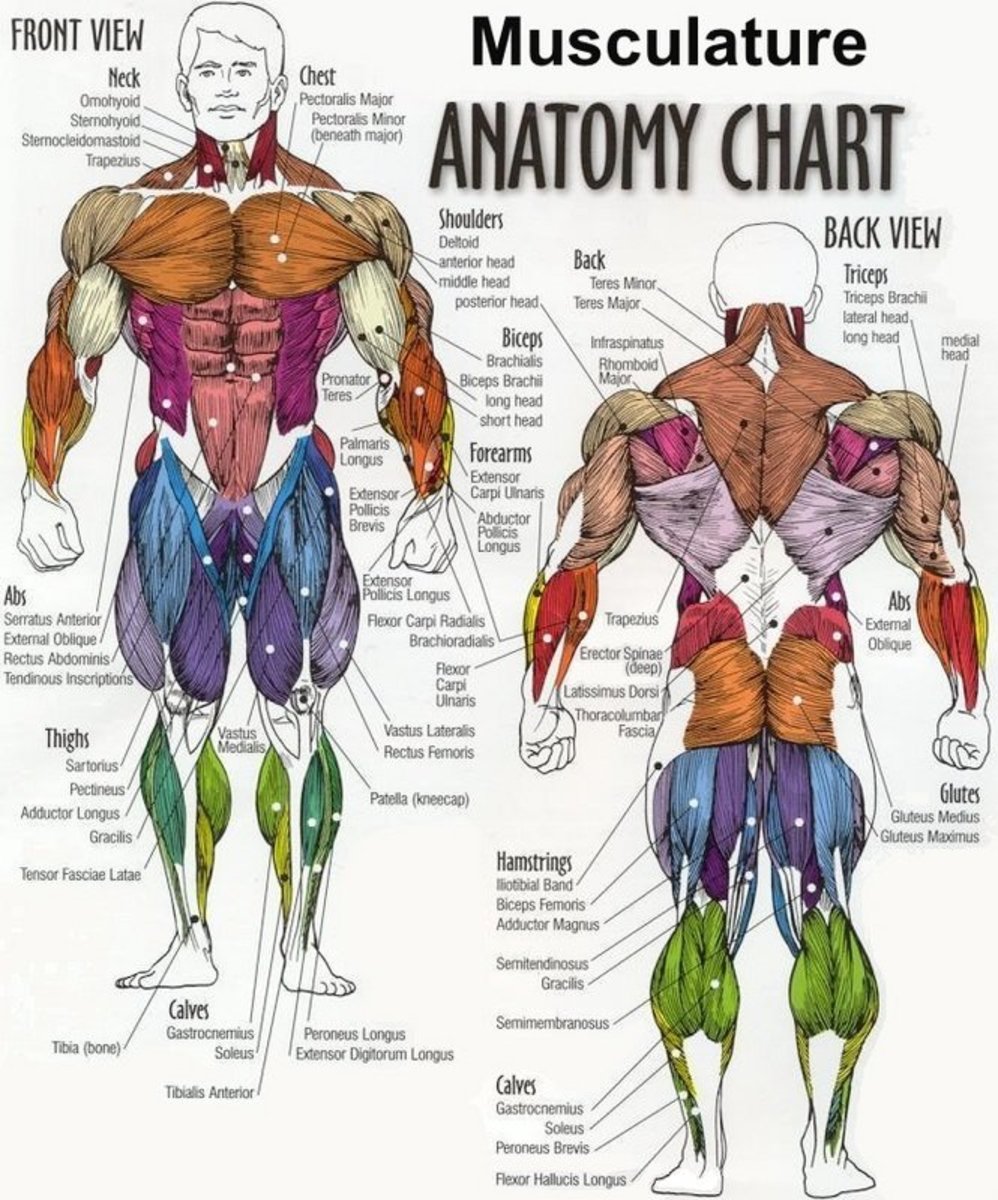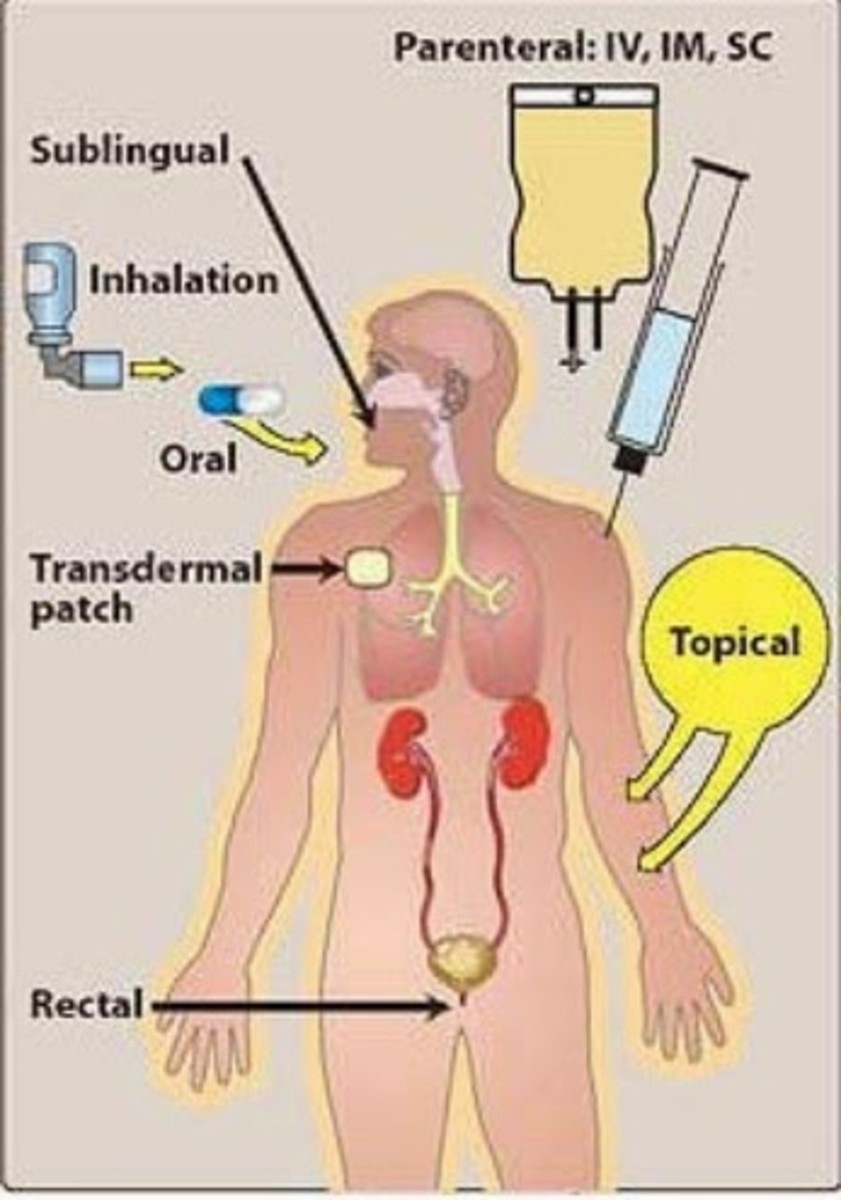Comparing "Mountains Beyond Mountains" to a Speech by Jim Yong Kim at the World Health Assembly

The book Mountains Beyond Mountains and the speech by Jim Yong Kim (2013) at the World Health Assembly are, on the surface, too very different texts: one a narrative and one an exhortation to the world governments. The reader can observe certain similar, underlying themes that affect each of these works and, in fact, are the very reason both of these works exist. These themes are health disparity by way of economic disparity, positive thinking as a catalyst to change, and fragmentation as a barrier to progress in the global health field.
Disparity
Both Dr. Kim and Dr. Farmer make it a point in their careers to address the needs of the less fortunate with regard to health care access. It is no secret that Farmer, who was dubbed “the man who would cure the world” is involved in limiting health disparities. However, Kidder (2003) portrays Farmer as more than a mere idealist, but rather as a man with a comprehensive understanding of how health disparities spring from economic ones. In Chapter 19, Kidder describes Farmer’s goal as “a preferential option for the poor.” This option is not some naive attempt at curing poverty and fits in well with Dr. Kim’s belief in narrowing the economic gap as a way to improve health care costs for the impoverished. These are reasonable, thought out ideas, and though Dr. Kim dabbles with idealism while saying that the current generation must be the “scourge of inequality that divides and destabilizes societies,” this sentiment is backed by a realistic plan of action (Kim, 2013).
Positive Thinking
What is shown of Dr. Farmer in Kidder (2003) and what can be gleaned from Dr. Kim’s own words is that both men are advocates of positive thinking and the benefits of optimistic approaches to advocating change in global health care. At the beginning of the speech, Dr. Kim shows a clear preference for optimism, describing himself as such. He describes a situation that is going to change on its own for worse, but through human intervention can be made better. While perhaps lofty in his goals, Dr. Kim demonstrates that positive change can only come from people actively attempted to attain excellence in their actions. Dr. Kim believes that this generation could see the end of “absolute poverty” and that it is not through pessimism that this will occur (Kim, 2013). This corresponds with Dr. Farmer’s outlook on life and on being a good doctor. Whenever asked about his accomplishments by Kidder (2003), he responds with a genuine expression of positivity as the source for his success. In Chapter 24, Dr. Farmer goes so far as to denounce the presence of “curmudgeons” in the medical field.
Fragmentation
Fragmentation of health care services is an insidious problem for global health, with well intentioned organizations competing against each other for funding and to enact policy. Dr. Kim (2013) discussed this problem at length and even acknowledged a time when his own organization, The World Bank Group, had to admit to having been wrong when they advised against Thailand’s proposed health care system. Dr. Farmer experienced the effects of competing health care organizations when he came head to head with the Directly Observed Treatment, Short-course (DOTS) program when addressing tuberculosis treatment protocol in Peru (Kidder, 2003, Chapter 15). Both men have first hand experience with the damage that can be caused by competing attempts to do good.
Conclusion
Both Kidder (2003) and Kim (2013) have profound implications for the future of health care. One is speaking from first hand experience, showing the past and the exploits of a doctor who made great strides toward removing health care disparities. The other looks to the future and encourages health care leaders to be constantly striving for betterment. The impact on this reader has been considerable and has opened doors for new avenues of thought. The issues facing global health care seem insurmountable at times, but with the exploits of Dr. Farmer and the encouragement of Dr. Kim breaking down these issues into manageable goals, this reader can see how true change may someday be possible.
References
Kidder, T. (2003). Mountains beyond mountains. New York: Random House.
Kim, J. Y. (2013). Speech at world health assembly: Poverty, health and the human future. Retrieved on August 13, 2016 from http://www.worldbank.org/en/news/speech/2013/05/21/world-bank-group-president-jim-yong-kim-speech-at-world-health-assembly



